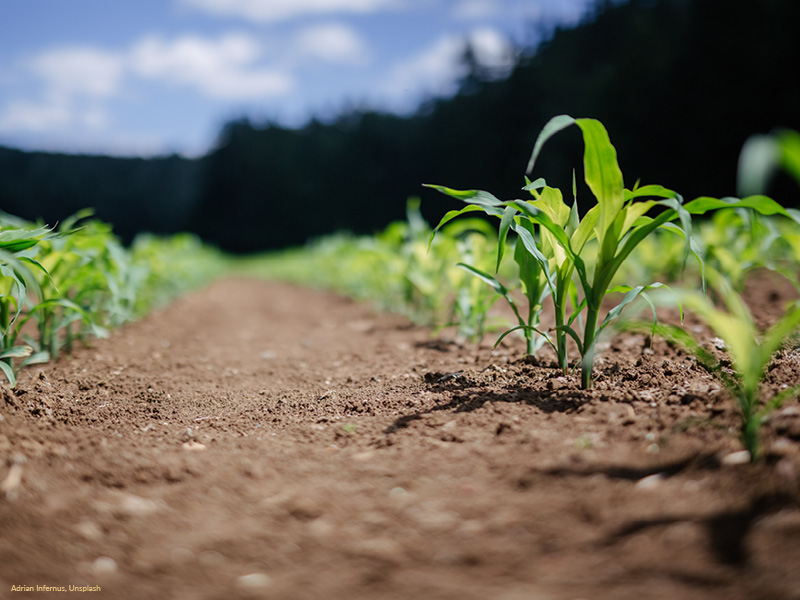Scale-up and implementation of anaerobic fermentation of forestry-based residual streams to 2,3-butanediol and glycerol

The chemical industry accounts for ±14 % of industrial greenhouse gas emissions and is the largest industrial consumer of fossil oil. This project aims to address these challenges by converting lignocellulosic residues from forestry into biobased chemicals, fostering a sustainable and circular bioeconomy.
Sekab’s CelluAPP® technology will convert the residual streams into sugars, which will be fermented with KTH’s engineered yeast strain to produce 2,3-butanediol (23BD) and glycerol, which are essential platform chemicals for production of high-value products. Glycerol, a key component in Sustainalube’s lubricants is a green alternative to petroleum-based products, while 23BD provides opportunities for expanding Sekab’s portfolio and conversion into butadiene.
The scaled-up fermentation and purification process will have strong commercialization potential, enhancing the competitiveness of biobased chemicals in the Swedish and European markets, and contributing to a fossil-free future.

Gustav Sjöberg
KTH Royal Institute of Technology

gustavsj@kth.se
Project information
Participants
KTH
SEKAB BioFuels & Chemicals AB
Sustainalube AB
Time schedule
January 2025 - December 2027
Total cost of project
8 938 977 SEK
Swedish Energy Agency project number
P2024-02944
More projects

Biogas Scenarios
Biogas is associated with several benefits, that can support a societal transition towards a circular economy with reduced climate impacts. The national…
Manager: Thomas Hans-Martin Magnusson
Ongoing

Trading fossil and biogenic carbon emissions: Assessments of substitution effects for different value chains
The project takes a holistic perspective on the assessment of the important substitution factors that indicate the climate benefits of replacing emission-intensive…
Manager: Robert Lundmark
Ongoing

Reserve power service based on biogas
This project is about a service for back-up power supply with biogas. It will develop overall technical and business concepts for such…
Manager: Steve Karlsson
Ongoing


